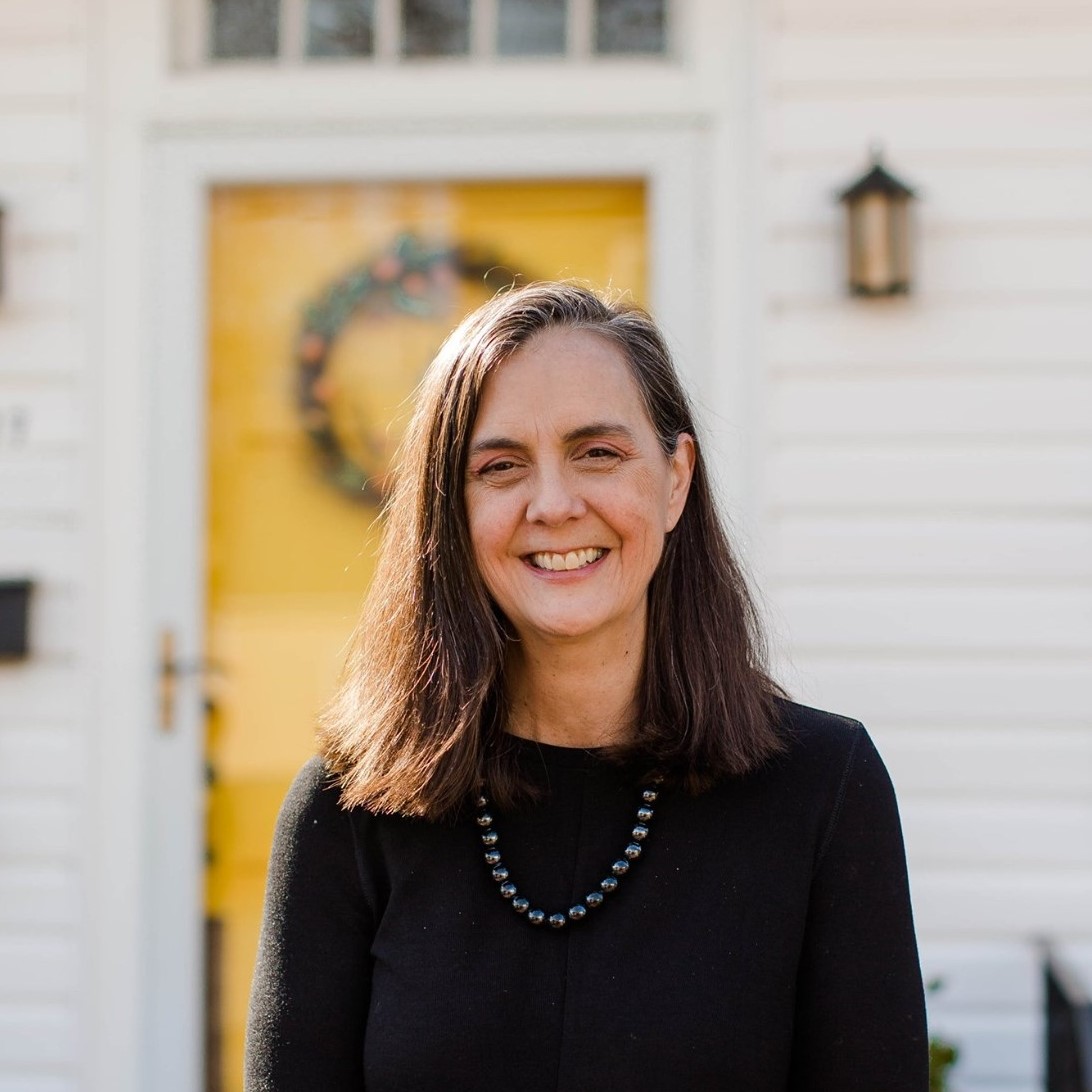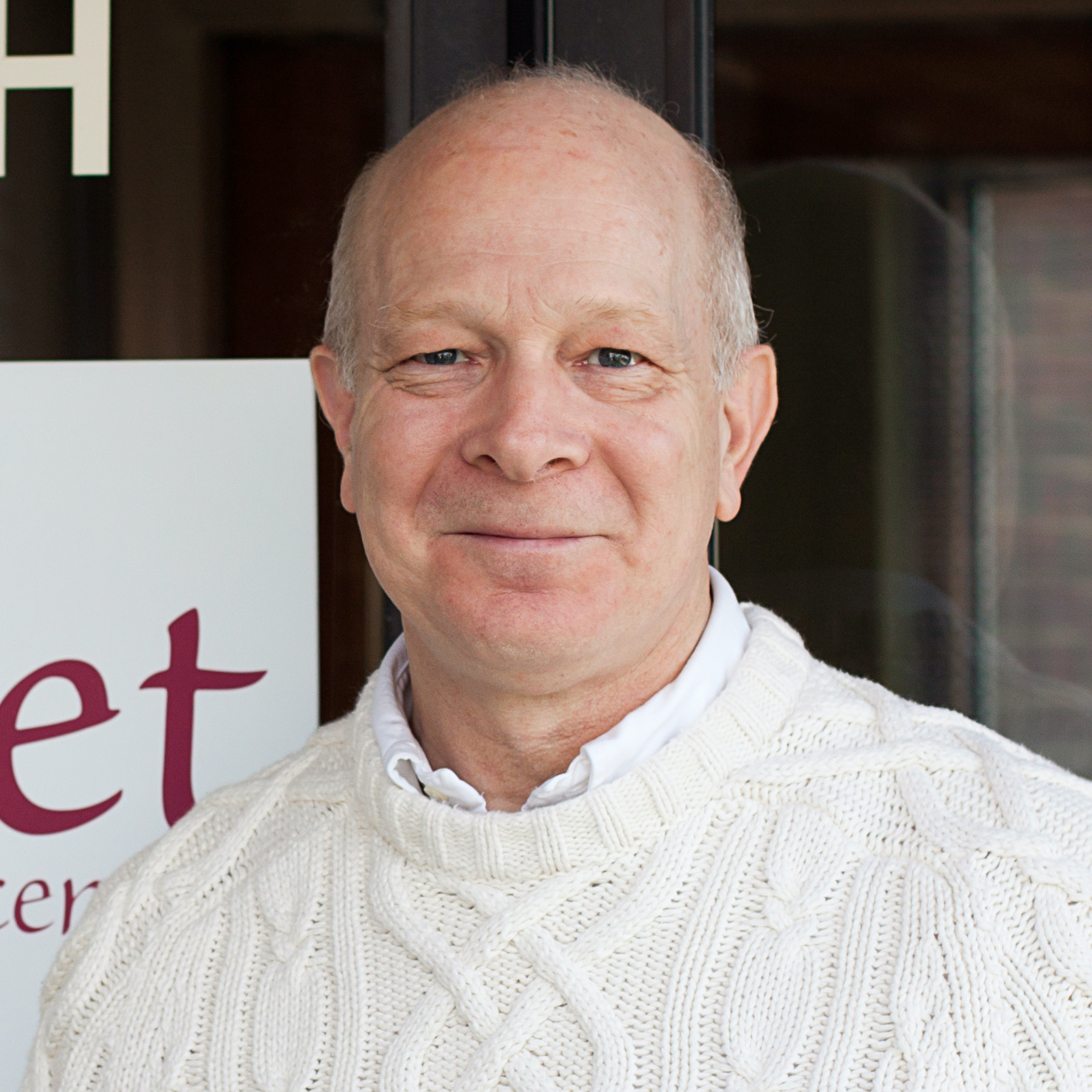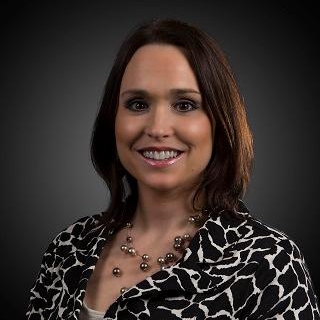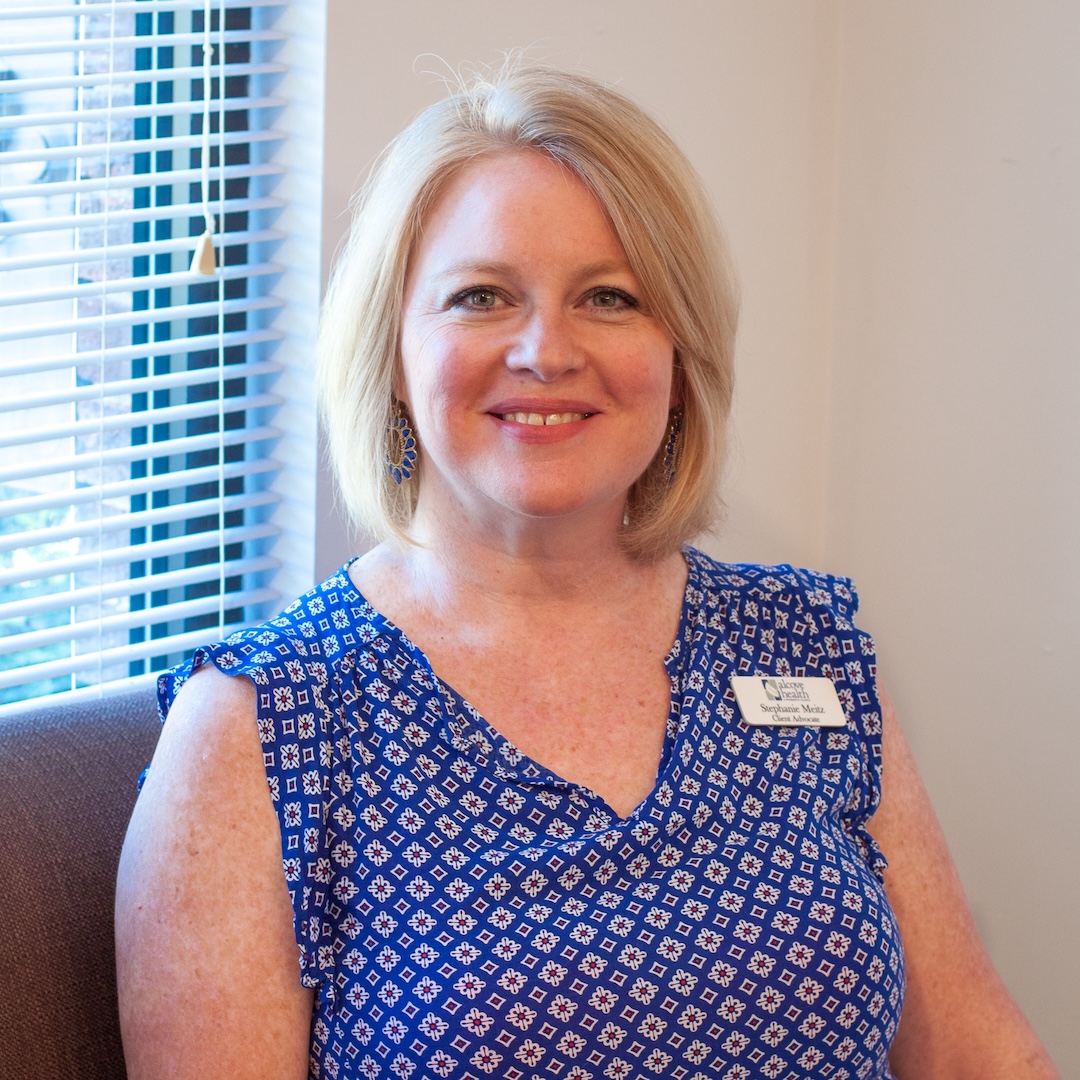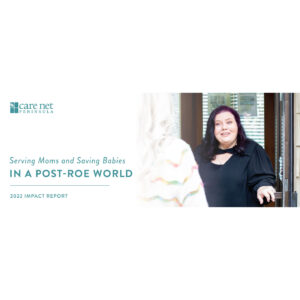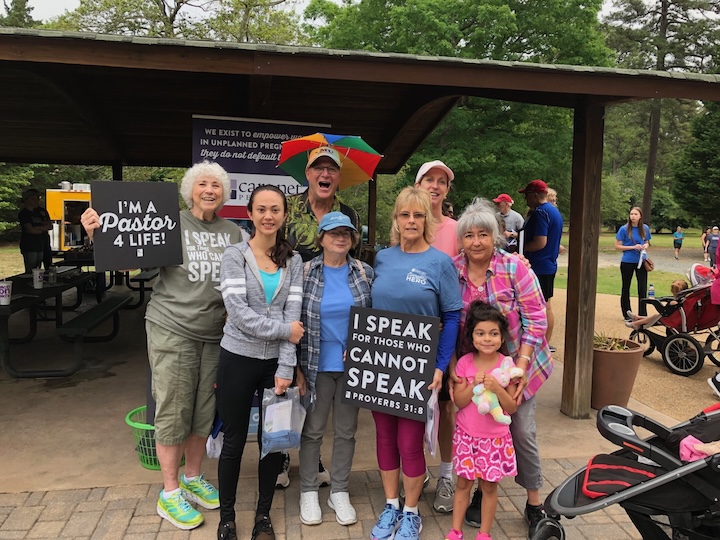
Have You Met Maggie?
Hey Friends, meet Maggie McNeely! She is a face you will get very acquainted with and we are THRILLED to finally introduce you to her if you haven’t had the chance to meet her yet.
Maggie has been a long time friend of the ministry and a little over a year ago started volunteering as a Client Intake Volunteer. While serving in the clinic she noticed God was at work in her heart and put a desire there to want to do more and minister to the women and families on the Peninsula. So, when the Community Relations Manager position opened up in December she knew that was a HUGE answer to her prayer about what was next.
Since graduating from Christopher Newport University in 2013, Maggie has worked in campus ministry with Cru for the last 6 years, and even though her time with them has come to an end, she is still looking forward to being able to mentor to student women while developing and nourishing new relationships with Care Net friends in the community. If you’re looking for her in her free time, you can catch her taking long walks to the river with her pup, Willow, and playing guitar and volleyball every chance she gets. (We haven’t figured out if she can do both at the same time).
We know she is just as excited as we are to have her join our family and she is eager to get out there and meet you and bring our community together to help serve moms and save babies.

February 6, 2020


Stephanie and Charlotte
We wanted to brighten your day with some cuteness from one of our recent photo sessions with Stefanie and her little bundle of sunshine, Charlotte.

Twice As Sweet: Welcoming These Beautiful Newborn Twins
There is something incredibly special about newborn photo sessions—the tiny details, the soft snuggles, the quiet moments. But recently all of that was doubled when we captured these moments for a set of twin girls you helped this past year.
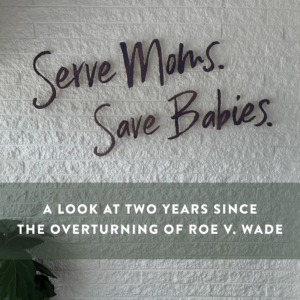
Praise and Prayers: A look at two years since the overturning of Roe v. Wade
Today marks two years since the Supreme Court overturned Roe v. Wade, ending the constitutional right to abortion. The National Right to Life estimates that up to 89,000 lives have been saved due to this ruling. Praise the Lord! And while we are grateful for each of these precious lives saved, we cannot relax in our fight for life.

Local Business Leader Micah Miller to Chair Peninsula4Life Benefit Dinner
Local businessman Micah Miller to serve as chairperson at this year’s annual Peninsula4Life Benefit Dinner taking place on October 11th at the Hampton Roads Convention Center.


